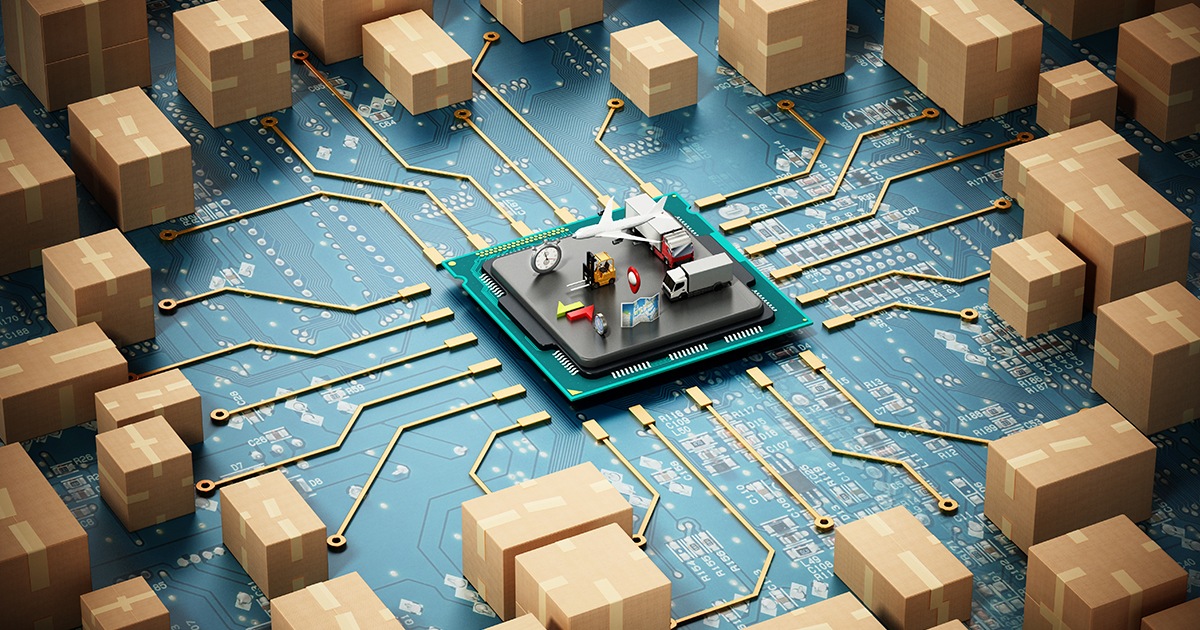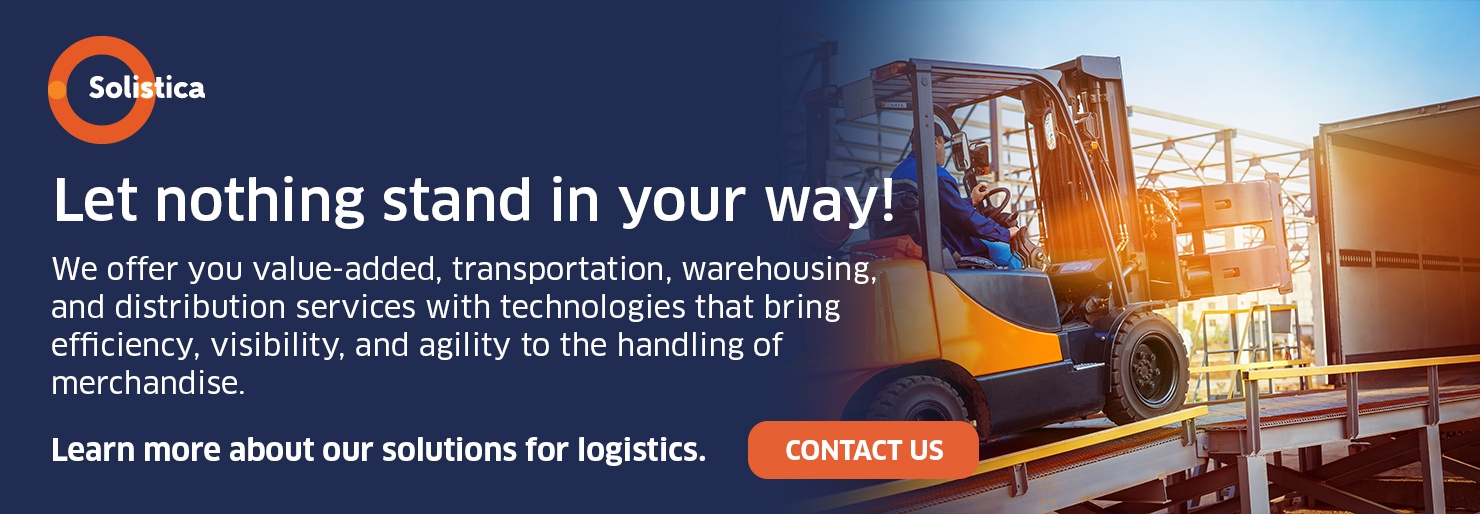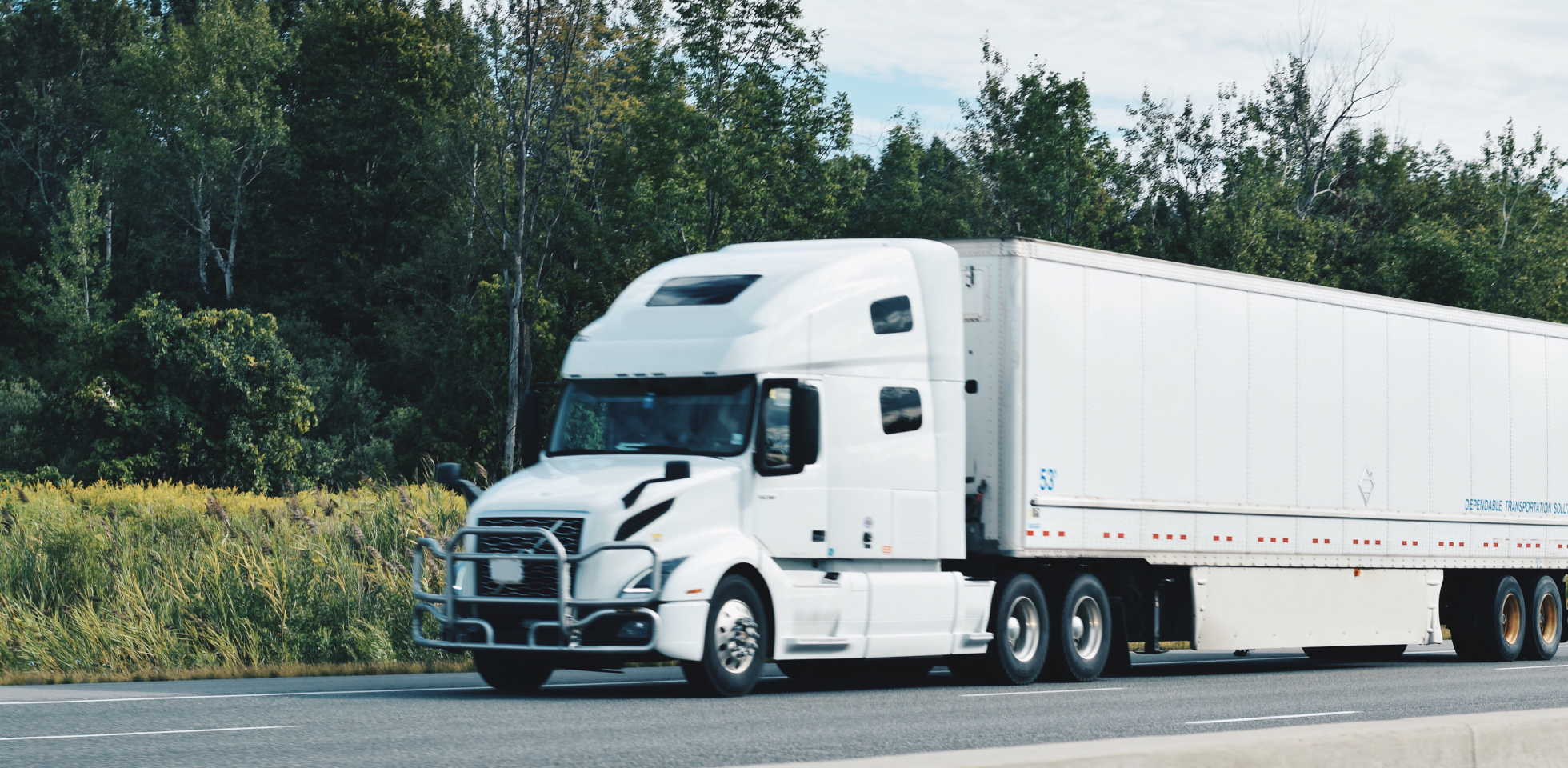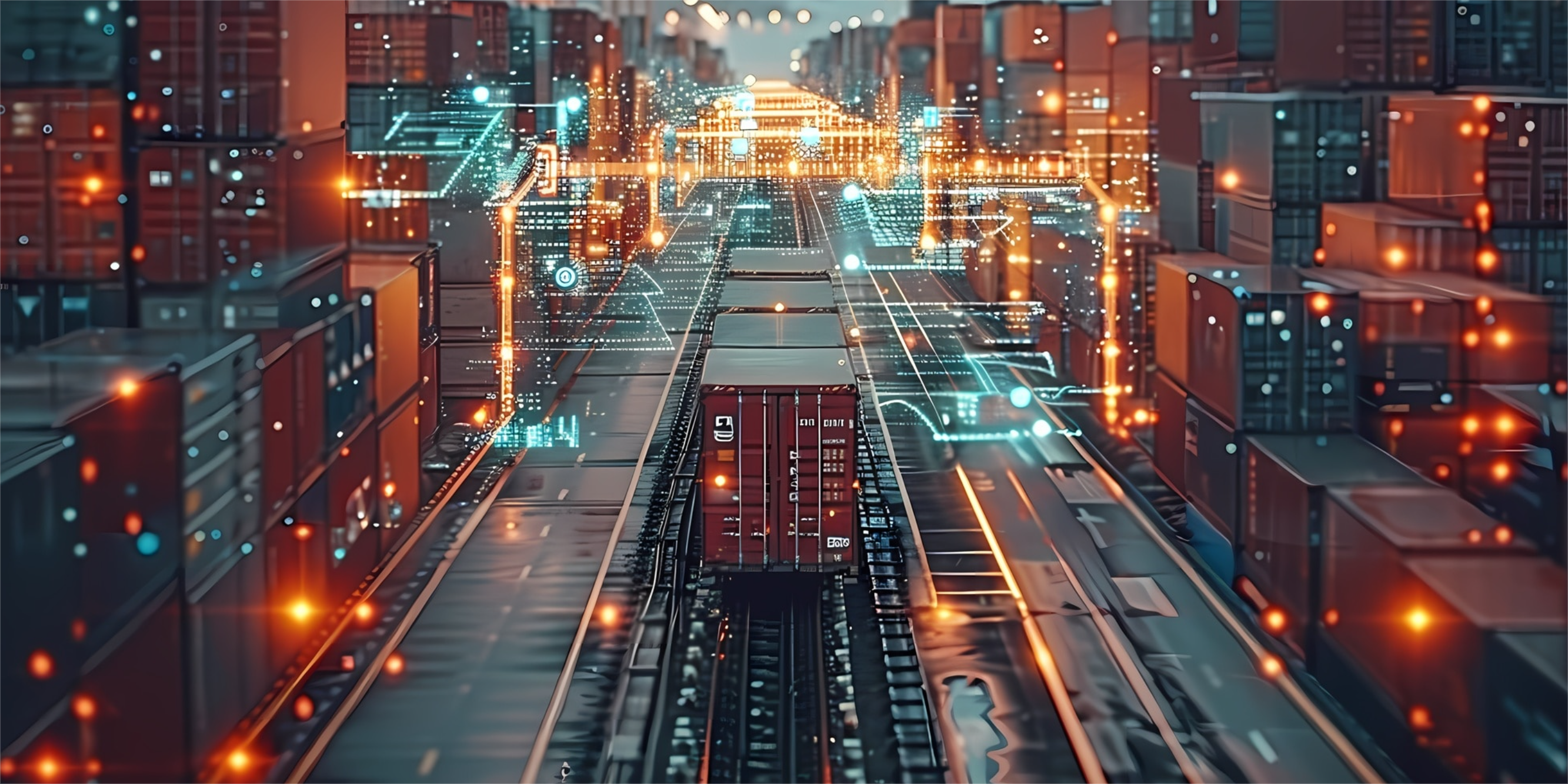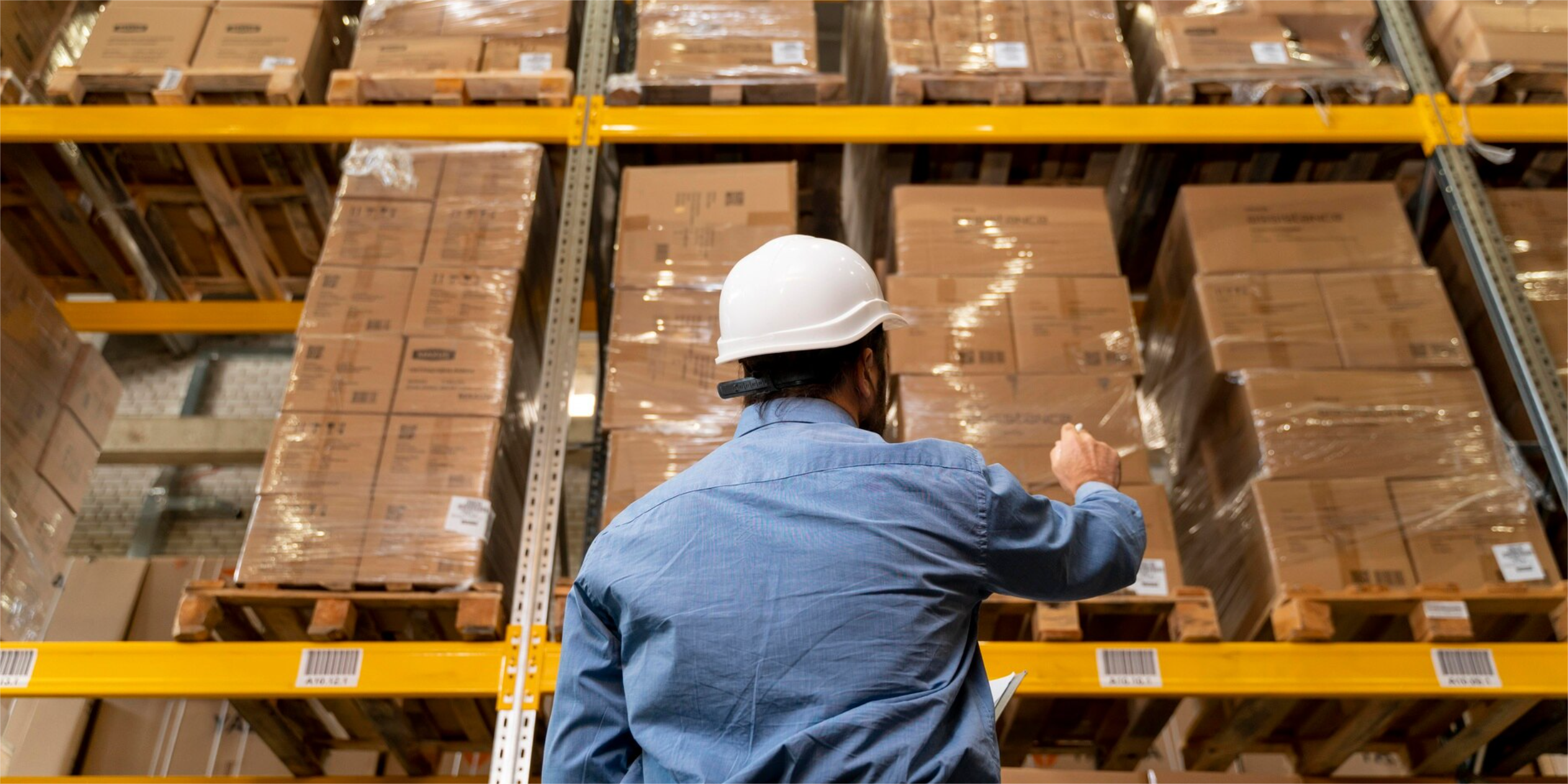Social and cultural shifts, new technologies, and the effects of Covid-19 will make an indelible mark on the outlook for 2021 for companies in all sectors.
Just as other departments, logistics will keep on being influenced by the digital transformation that has been happening in companies for the past few years.
Digitalization will become one of the factors that will allow us to reach our strategic goals quickly and efficiently.
Undoubtedly, the biggest challenge for logistics in 2021 will be monitoring the movement of goods throughout the whole journey; however, digitalization will guarantee the ability to track parcels thanks to different algorithms.
These are some of the trends we will see in logistics during 2021:
-
Automation
Looking to avoid mistakes during picking, increasingly more technological solutions will be implemented to optimize and automate this process. For example, some pharmaceutical companies have already automated picking to simultaneously ship product to different stores, which has resulted in reduced costs.
-
Smart Warehousing
It will probably be difficult having distribution centers available near urban areas, which will bring a boom in the setting up of smart warehouses to make it possible for the flow of goods in the last mile to be fast, flexible, traceable, and integrated to the suppliers’ and clients’ systems. Smart warehouses are facilities where most of the processes are carried out by software-run machines or robots, supplemented by AI (artificial intelligence), machine learning, and the Internet of Things (IoT).
-
Last-Mile Priority
Since most issues arise during the last leg of the logistics process, we will pay particular attention to it this year by promoting alternate shipping methods such as convenience spots and the implementation of click and collect at stores, motorbikes and bicycles will be used as delivery vehicles as well.
-
Green Logistics
We will keep on making the supply chain as sustainable as possible, particularly in respect to greenhouse gas emissions. To achieve this, we will bet on using software to map out the carbon footprint and calculate loads so we can figure out the impact we have on the air. We will also bet on renewable energies to power our distribution centers.
-
Big Data and Business Intelligence
Thanks to the information we get from Big Data, we will be able to offer clients better services and make better commercial and logistics decisions.
-
AI and the Internet of Things (IoT)
Using these technologies will improve connectivity among all parties involved in the supply chain, which will, in turn, optimize times, lower costs, improve the scheduling of routes, and enhance visibility.
-
Warehouse Robots
This technology will help employees carry out tasks such as warehousing, supply, and loading and unloading of cargo.
-
Shipping Drones
These devices will allow us to move parcels of up to 6.6 pounds, particularly during the last mile, where other means of transportation may be impeded to transit.
-
Virtual and Augmented Reality
We will be able to use superimposed images and videos in 3D to simulate experiences at our facilities, present products, or take tours.
-
Blockchain
Cybersecurity will continue to pose a great challenge and blockchain is one tool for facing this threat. Blockchain allows longshoremen to receive orders directly from freighters with no need for intermediaries while also producing documentary proof in real time about the state of the product, regardless of the stage in the logistics chain it is at and who may be handling it.
-
Professionalization of Logistics
The search for talent with well-developed tech abilities and logistics knowledge will increase. The logistics departments will hire technology-oriented profiles, such as AI specialists, Big Data analysts, innovation managers, digital transformation managers, and automation engineers.
-
Safety Protocols
As a result of the health crisis, hygiene and sterilization protocols will continue for products and staff, aiming to lower the probability of contagion.
-
Changes in Payment Methods
Because of social distancing, payment will continue to be before shipping.
-
Creation of Logistics’ Think Tanks
It will become increasingly more common to hear about think tanks created by people with logistics profiles looking to share knowledge and best practices.
Undoubtedly, these trends will make a mark on the future of logistics during 2021, where disruptive technologies will begin to integrate to logistics to give it a competitive advantage.
As an expert logistics company, Solistica has the best solutions to advise clients on how to apply technology and sustainability to the supply chain.
